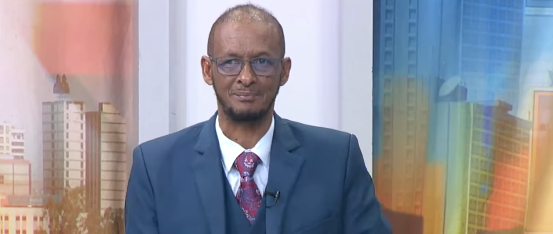A bill seeking to introduce more allowances to teachers in the country has been read for the first time at the National Assembly, clearing the way for what could see teachers’ salaries increase significantly.
The bill sponsored by Mandera South Member of Parliament (MP) Abdul Haro seeks to amend the Teachers Service Commission Act of 2012, introducing provisions for various allowances that the Teachers Service Commission (TSC) may grant to teachers in addition to their basic salaries.
Equally, the bill seeks to entrench fairness in acting positions under the Teachers Service Commission so that the Commission confers acting appointments in a structured manner.
“The Bill includes a new clause in Section, 32A, specifically addresses acting appointments where it stipulates that the TSC may appoint a teacher in an acting capacity for a period ranging from at least thirty days to a maximum of six months, provided the teacher meets all prescribed qualifications,” a statement from the National Assembly notes.
Allowances
Additionally, a teacher appointed in an acting role will be entitled to a special duty allowance and can only hold one acting position at a time.
The Bill introduces a comprehensive Fourth Schedule detailing various allowances that may be granted to teachers under specific circumstances.

Adding: “The proposed allowances, largely non-pensionable with the exception of responsibility allowance earned up to retirement, include house allowance, commuter allowance, hardship allowance, special duty allowance, responsibility allowance, special school allowance, reader’s facilitation or aid allowance, leave allowance and transfer allowance.”
TSC composition
The Bill is set to proceed to the Education Committee for public participation and stakeholder engagement.
The bill follows another one proposed by Kimilili MP Didmus Barasa, which seeks to ensure the representation of primary, secondary, and tertiary learning institutions in the TSC commission.
“I have initiated the process to amend the Teachers Service Commission (TSC) Act to facilitate teacher representation on the Commission, similar to the arrangements in place for the Judicial Service Commission and the Parliamentary Service Commission,” Barasa said on February 24, 2025.
Adding: “The goal is to build a more representative, dynamic, and effective TSC that reflects the needs of those it serves.”
The TSC’s chairperson heads the commission of eight commissioners in charge of developing and implementing teachers’ affairs and promotions.
Barasa proposes that three of the commissioners should come from the actual stakeholders in the education industry.